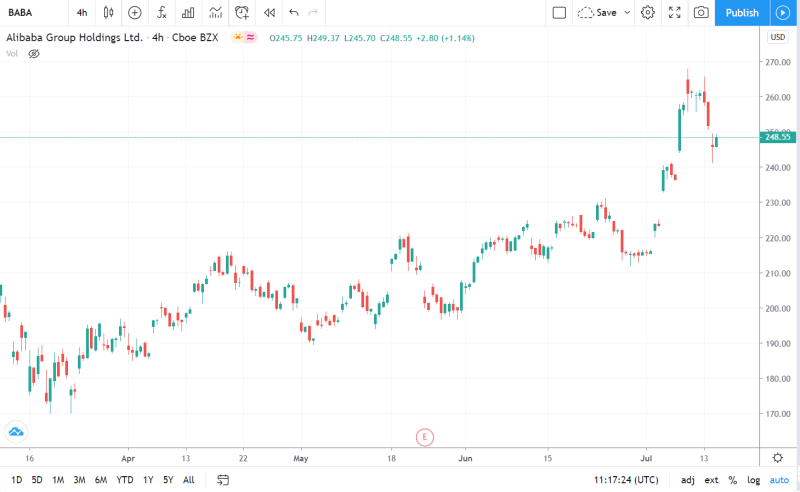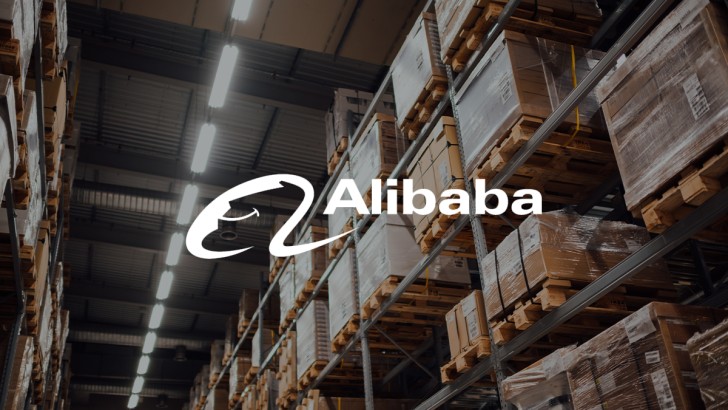According to Reuters, Fintech Ant Financial's affiliate Alibaba could soon go public in Hong Kong. The study, citing two well-known individuals, suggests that Ant will sell 5 % to 10% of its IPO shares with an expected value of more than $200 billion.
Since its last round of investment in 2018, Ant was recently estimated at $150 billion, making it the most successful startup in the world. Reuters, citing internal records, reports that Ant generated approximately ¥120 trillion ($17.1 billion) of sales and almost ¥17 billion ($2.4 billion) of income last year.

Ant said the statements from Reuters regarding its financial and IPO plans were "fake" but did not get into this issue. The stock Alibaba went into after the report; however, before classifying the possible IPO as a tailwind to the tech giant, investors would look at its partnership with Ant.
Ant Financial's relationship with Alibaba
In 2003, a new electronic payment network called Alipay was launched at the marketplace of Alibaba Taobao. In 2010 and 2011, Alibaba turned Alipay into an independent, domestically operated business, entirely owned by Alibaba's co-founder, Jack Ma.
Alipay was re-named into Ant Financial in 2014, which split itself from Alibaba and set the groundwork for the wider Fintech ecosystem. Alibaba got a new deal with Ant to address investor's concerns about the pre-tax spin-off, entitling it to 37.5 percent of the pre-tax income. Alibaba sold the assets in Ant Financial for a structured share of 33% last year.
What should Alibaba's investors expect from Ant Financial's IPO?
In its speculated aim assessment, Alibaba will not sell its own stock and Ant's IPO will not necessarily change the value of its 33% stake substantially. However, a fresh investment of cash can help to support Ant's expansion and preservation of the Fintech ecosystem.
Alibaba's 33 percent shareholding in Ant (bought last September) resulted in an acquisition income in the fiscal 2020 timeframe of ¥5,32 milliards ($752 million), which fell to 4 percent of its net sales. In its previous profit-sharing arrangement with Ant in the first half of the year, it also created a platform and licensing charges.
 Usman Salis
Usman Salis

 Usman Salis
Usman Salis


